In today’s world, many people want to look younger and they do everything in their power to achieve it. One of the most common beauty routines is using eye cream.
However, there are a lot of misconceptions about the appropriate age to start using eye creams. Some say you should start using it as early as your twenties, while others believe you can wait until your forties or even later.
In this article, we will explore the importance of using eye cream, the factors that influence the age at which you start using it, and some tips on choosing the right eye cream for your skin type.
We will also debunk common myths surrounding this topic and provide you with expert advice to help you maintain healthy and youthful-looking skin around your eyes.
So let's dive in and find out at what age you should start using eye cream!
Why Age Matters for Eye Cream
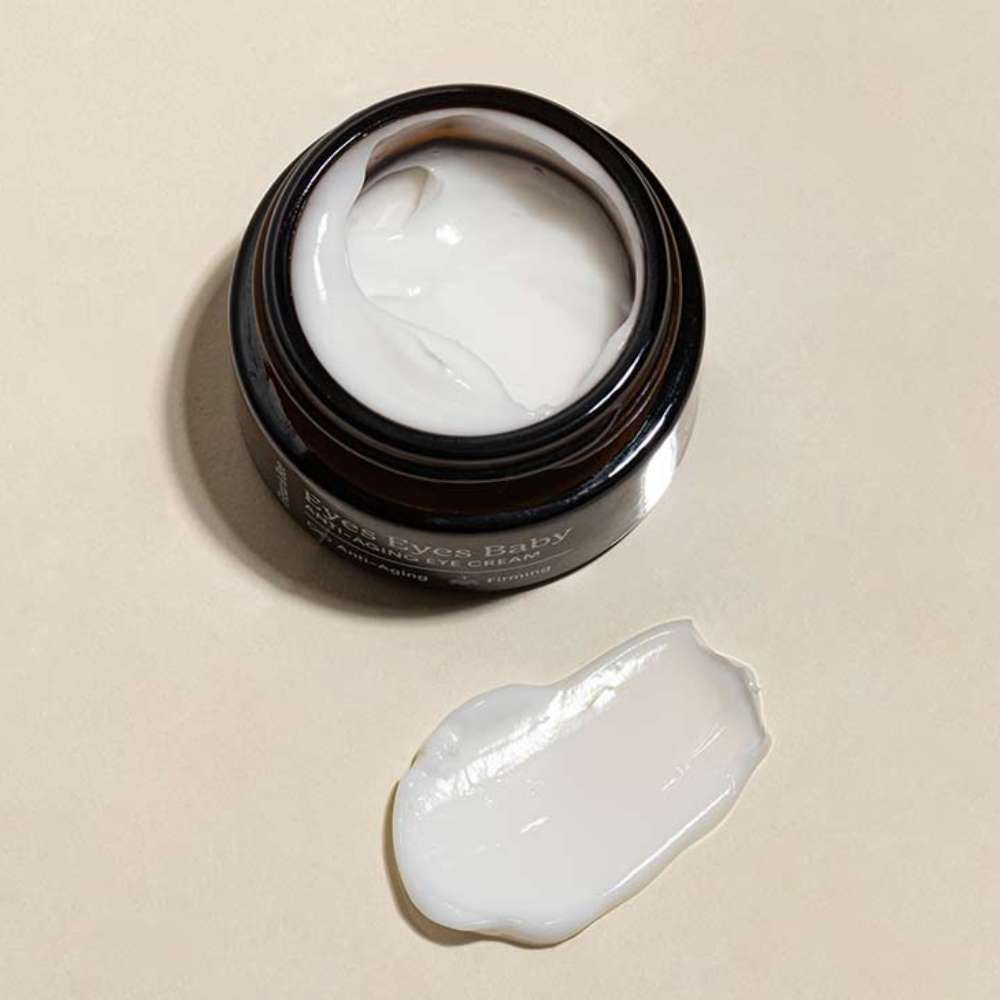
The skin around our eyes is delicate and thin, making it more prone to damage and signs of aging. As we age, the production of collagen and elastin in our skin decreases, leading to wrinkles, fine lines, and sagging skin. The area around our eyes is particularly vulnerable due to its lack of oil glands, which help keep the skin moisturized.
Using eye cream can help prevent or minimize these signs of aging by providing hydration and nourishment to the delicate skin around our eyes. It also helps protect against environmental stressors such as sun exposure and pollution.
However, using eye cream at a very young age may not be necessary as the skin in that area is still relatively resilient. On the other hand, waiting too long to start using eye cream can make it harder to reverse visible signs of aging.
Factors that Influence the Age to Use Eye Cream
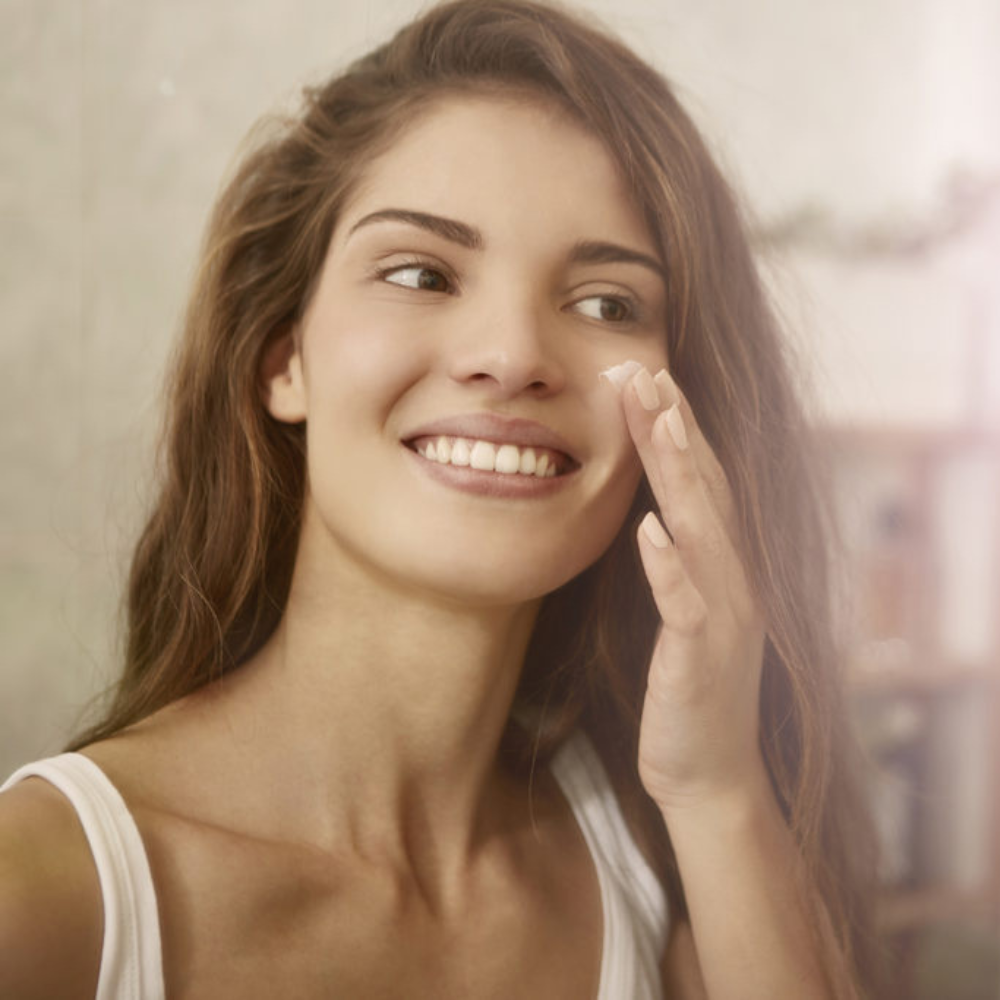
There is no one-size-fits-all answer when it comes to the age to start using eye cream. Several factors influence this decision, here are a few to consider:
Genetics
Genetics plays a significant role in determining how our skin ages, including the skin around our eyes. Family history can influence the likelihood of developing wrinkles, fine lines, and dark circles at a younger age. If your parents or grandparents exhibited signs of aging early on, you may be predisposed to similar patterns.
Additionally, genetic factors may dictate skin type, elasticity, and the rate of collagen production, which are all crucial for maintaining the youthful appearance of the delicate eye area.
This means that individuals with a genetic predisposition to early aging may benefit from starting an eye cream regimen sooner. Conversely, those with a family history of resilient skin may choose to wait until visible signs begin to appear.
Lifestyle and Environment
Our lifestyle and environment also play a significant role in determining when to start using eye cream. Factors such as excessive sun exposure, smoking, and poor diet can speed up the aging process, making it necessary to use eye cream at an earlier age.
Similarly, living in a highly polluted area or harsh climate may lead to premature aging of the skin around our eyes. In contrast, individuals who prioritize self-care and live in less polluted environments may have more time before needing to add eye cream to their routine.
Skincare Routine
Lastly, your current skincare routine can influence when you should start using eye cream. If you are already using a good moisturizer and sunscreen, you may not need to add eye cream until your thirties or forties.
However, if you have been neglecting the skin around your eyes, it may be beneficial to start incorporating an eye cream sooner rather than later. Remember that prevention is always better than cure when it comes to signs of aging.
Average Age to Start Using Eye Cream
Based on the factors mentioned above, the average age to start using eye cream is around 25-30 years old. At this point, our skin's natural production of collagen and elastin begins to slow down, making it more susceptible to visible signs of aging.
However, as every person's skin is unique, some may need to start using eye cream earlier or later than this suggested age range. It is crucial to pay attention to your skin's needs and make adjustments accordingly.
Plus, it is never too late to start using eye cream. Even if you are in your forties or fifties, incorporating an eye cream into your skincare routine can still make a significant difference in the appearance of fine lines and wrinkles.
Can I Use Eye Cream On My Face?
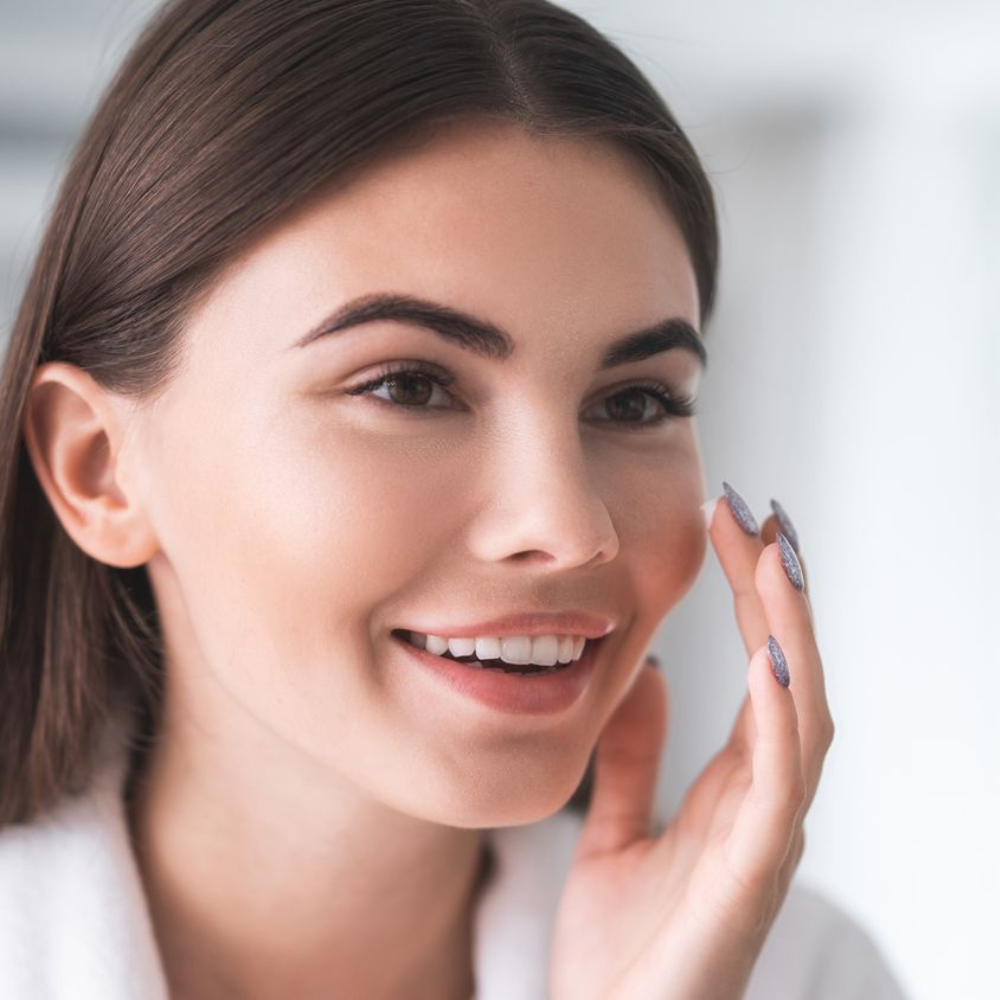
One common myth surrounding eye cream is that it can only be used on the delicate skin around the eyes. However, most eye creams are formulated to be gentle enough for use on any part of the face.
The key difference between eye creams and facial moisturizers is their texture and concentration of active ingredients. Eye creams tend to have a thinner consistency and contain higher concentrations of hydrating and anti-aging ingredients specifically targeted for the delicate skin around our eyes.
Therefore, if you find that your facial moisturizer does not provide enough hydration or nourishment for your under-eye area, using a separate eye cream may be beneficial regardless of your age.
Tips for Choosing the Right Eye Cream
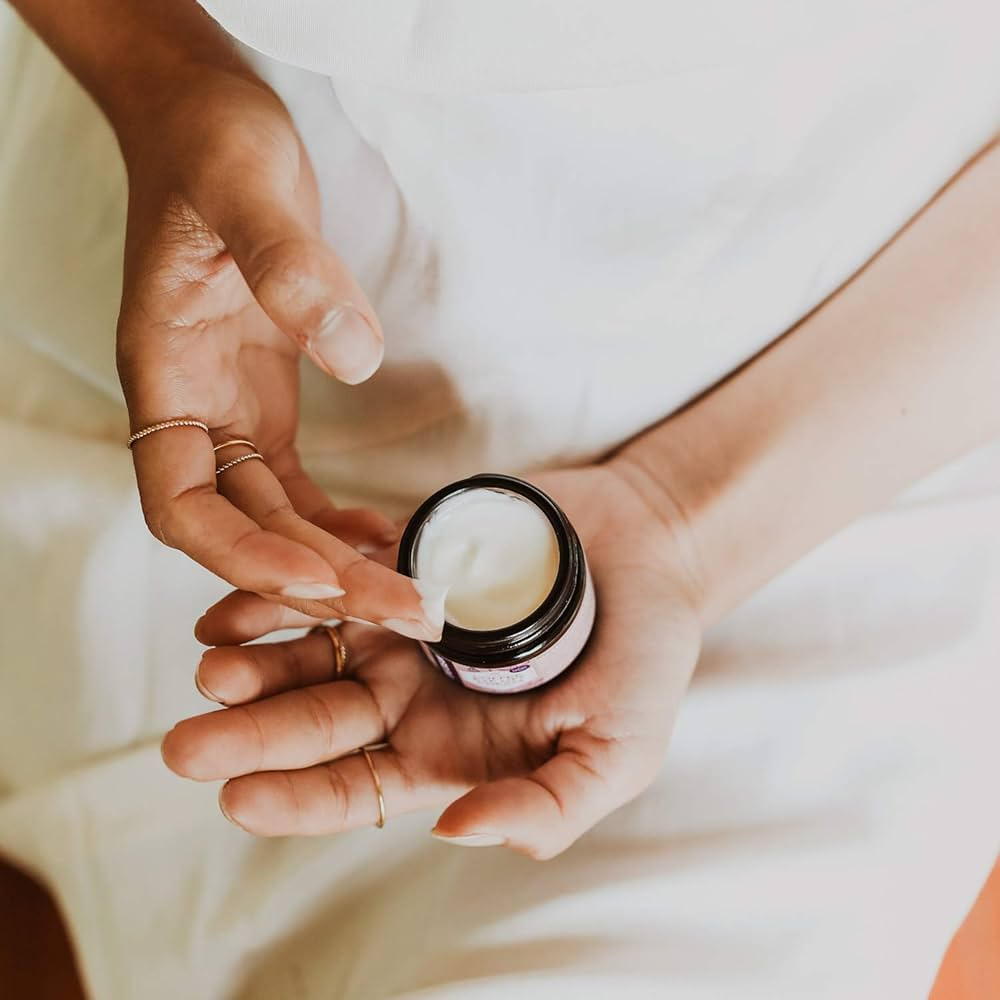
As with any skincare product, it is essential to choose an eye cream that suits your skin type and addresses your specific concerns. Here are some tips to keep in mind when selecting an eye cream:
- Look for hydrating ingredients: Hyaluronic acid, glycerin, and ceramides are excellent ingredients for providing moisture to the delicate eye area without causing irritation. Plus, hydrated skin appears plumper and more youthful.
- Consider ingredients targeted for your concerns: If you are looking to reduce dark circles or puffiness, look for eye creams with caffeine or vitamin C. For fine lines and wrinkles, opt for products containing retinol or peptides.
- Don't forget SPF: It is crucial to protect the delicate skin around your eyes from sun damage, so look for an eye cream with SPF or apply a separate sunscreen on top of your eye cream.
- Patch test first: To avoid any possible allergic reactions, always patch test a new eye cream before incorporating it into your routine.
- Be consistent: Consistency is key when it comes to seeing results from any skincare product. Use your eye cream daily and be patient for visible improvements.
Remember, the age to start using eye cream may vary depending on individual factors, so pay attention to your skin's needs and adjust your routine accordingly. And always consult with a dermatologist for personalized recommendations.
FAQs
Is it safe to use a retinol eye cream on sensitive skin?
Retinol eye creams can be effective in reducing signs of aging but may cause irritation for those with sensitive skin. If you have sensitive skin, start with a lower concentration of retinol and use it every other day to allow your skin to adjust. Alternatively, opt for a moisturizing eye cream specifically formulated for sensitive skin.
How does using an eye cream contribute to a healthy looking skin?
Using an eye cream as part of your daily skincare routine helps maintain healthy-looking skin by moisturizing the delicate under-eye area and addressing specific concerns such as dryness, fine lines, and crow's feet. Consistent use can improve the overall appearance and health of the sensitive skin around your eyes.
Why should you use your ring finger to apply eye cream?
You should use your ring finger to apply eye cream because it exerts the least amount of pressure compared to other fingers. This helps to gently apply the cream without tugging or stretching the sensitive skin around the eyes, ensuring a more delicate and effective application.
What type of eye cream is best for dry skin?
For dry skin, a moisturizing eye cream is the best choice. Look for products that contain hydrating ingredients such as hyaluronic acid, glycerin, and ceramides. These ingredients help to replenish moisture, maintain a healthy skin barrier, and keep the sensitive skin around your eyes hydrated and smooth.
Can eye cream help with other skin concerns besides aging?
Yes, eye cream can help with various skin concerns besides aging, such as puffiness, dark circles, and dry skin. Formulations with ingredients like caffeine can reduce puffiness while brightening agents such as vitamin C can help diminish dark circles. Incorporating an eye cream into your daily skincare routine can address multiple concerns, promoting a healthier and more youthful appearance.
Conclusion
In conclusion, the average age to start using eye cream is around 25-30 years old, but this may vary depending on genetics, lifestyle, environment, and skincare routine.
It is never too early or too late to incorporate an eye cream into your skincare routine as it can help prevent and reduce the appearance of fine lines, wrinkles, dark circles, and puffiness.
Remember to choose an eye cream that suits your skin type and concerns, apply SPF daily, patch test new products before use, and be consistent for best results. I you are unsure about when to start using eye cream or have specific concerns about your under-eye area, consult with a dermatologist for personalized recommendations.
Subscribe to our email newsletter and unlock access to members-only content and exclusive updates.
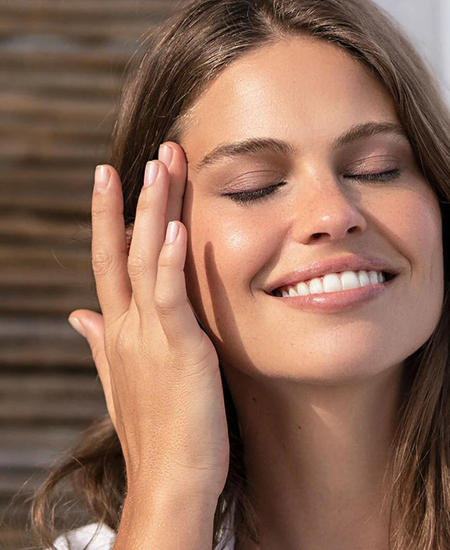
Comments